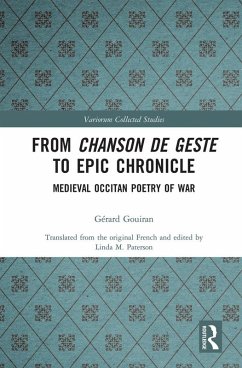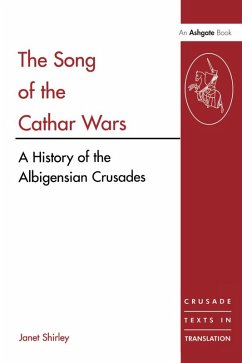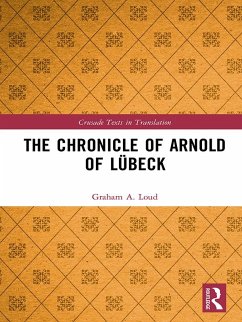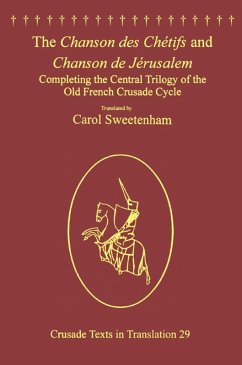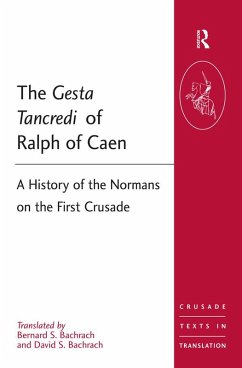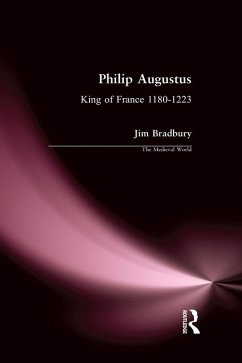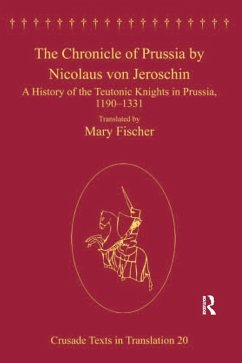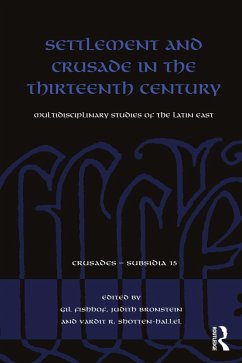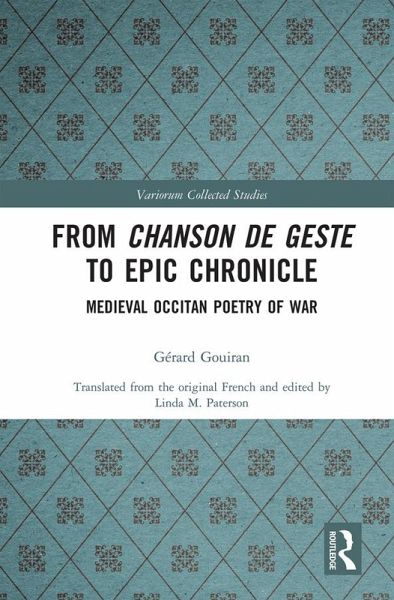
From Chanson de Geste to Epic Chronicle (eBook, PDF)
Medieval Occitan Poetry of War
Redaktion: Paterson, Linda
Versandkostenfrei!
Sofort per Download lieferbar
42,95 €
inkl. MwSt.
Weitere Ausgaben:

PAYBACK Punkte
21 °P sammeln!
In this collection of essays Gérard Gouiran, one of the world's leading and much-loved scholars of medieval Occitan literature, examines this literature from a primarily historical perspective. Through texts offering hitherto unexplored insights into the history and culture of medieval Europe, he studies topics such as the representation of alterity through female figures and Saracens in opposition to the ideal of the Christian knight; the ways in which the narrating of history can become resistance and propaganda discourse in the clash between the Catholic Church and the French on the one ha...
In this collection of essays Gérard Gouiran, one of the world's leading and much-loved scholars of medieval Occitan literature, examines this literature from a primarily historical perspective. Through texts offering hitherto unexplored insights into the history and culture of medieval Europe, he studies topics such as the representation of alterity through female figures and Saracens in opposition to the ideal of the Christian knight; the ways in which the narrating of history can become resistance and propaganda discourse in the clash between the Catholic Church and the French on the one hand, and the Cathar heretics and the people of Occitania on the other; questions of intertextuality and intercultural relations; cultural representations fashioning the West in contact with the East; and Christian dissidence in the twelfth and thirteenth centuries. Written in an approachable style, the book will be of historical, literary and philological interest to scholars and students, as well as any reader curious about this hitherto little-known Occitan literature. (CS1087).
Dieser Download kann aus rechtlichen Gründen nur mit Rechnungsadresse in A, B, BG, CY, CZ, D, DK, EW, E, FIN, F, GR, HR, H, IRL, I, LT, L, LR, M, NL, PL, P, R, S, SLO, SK ausgeliefert werden.




